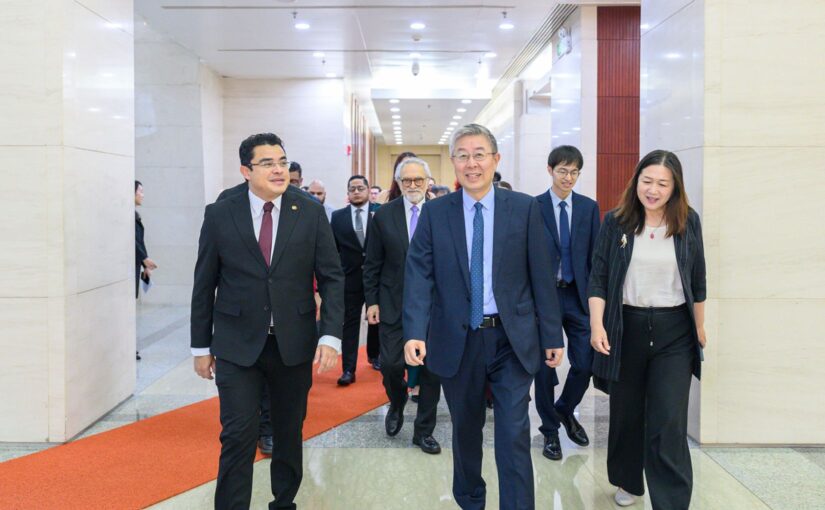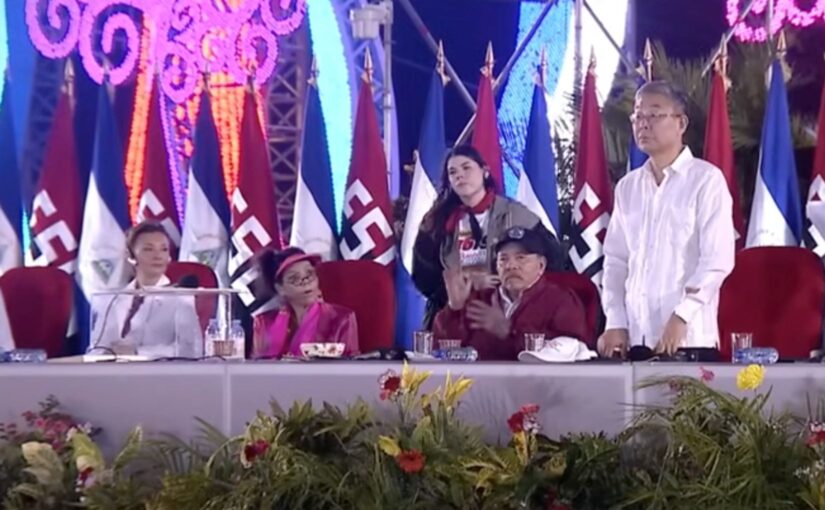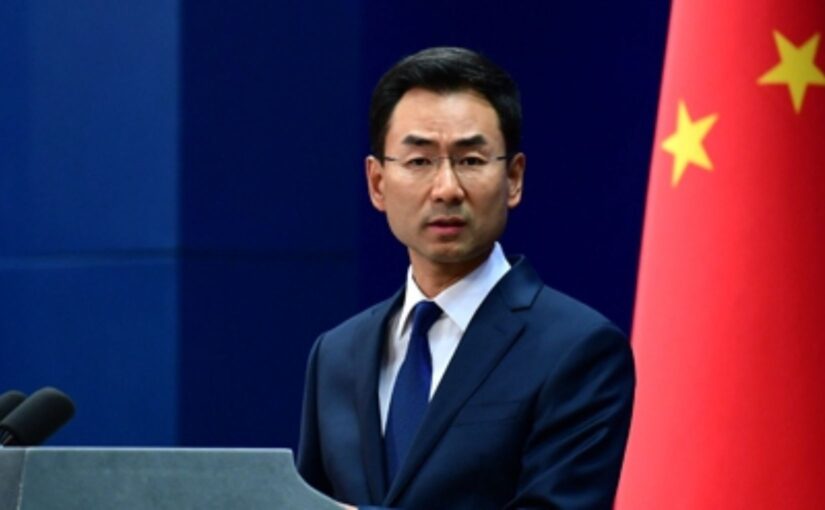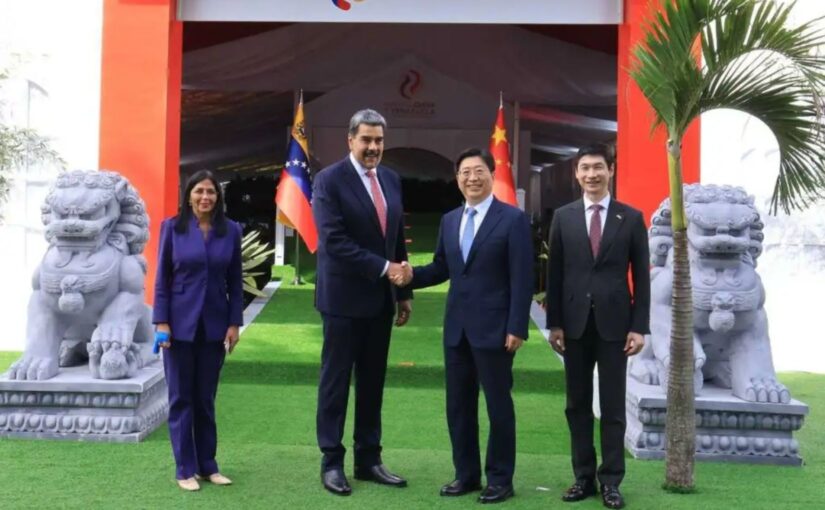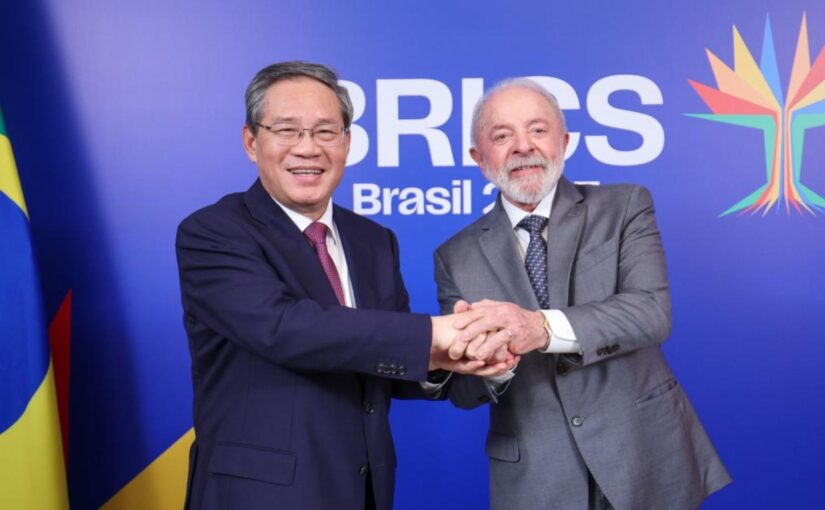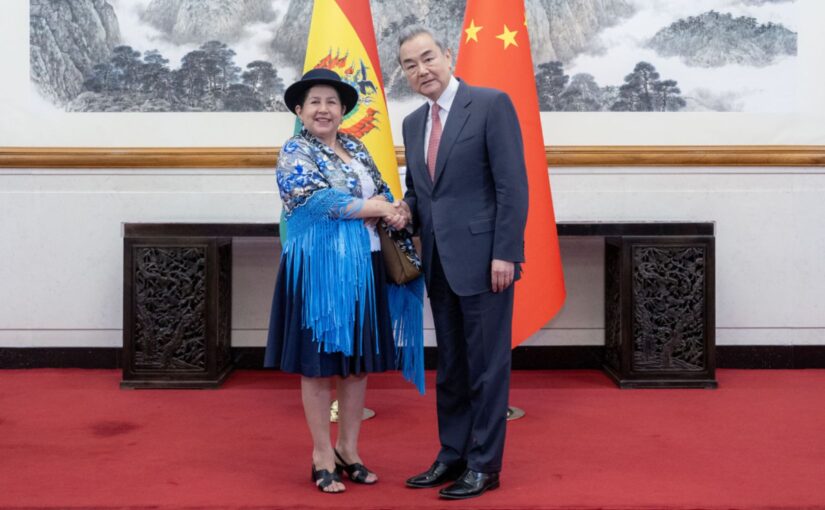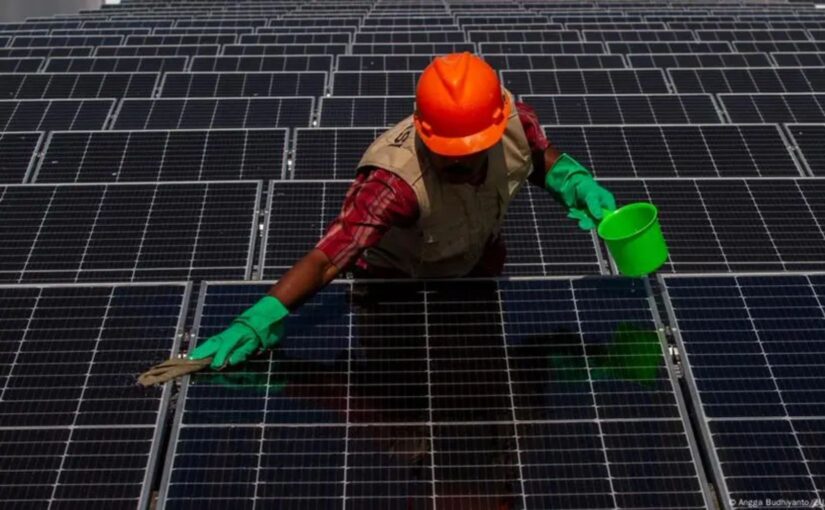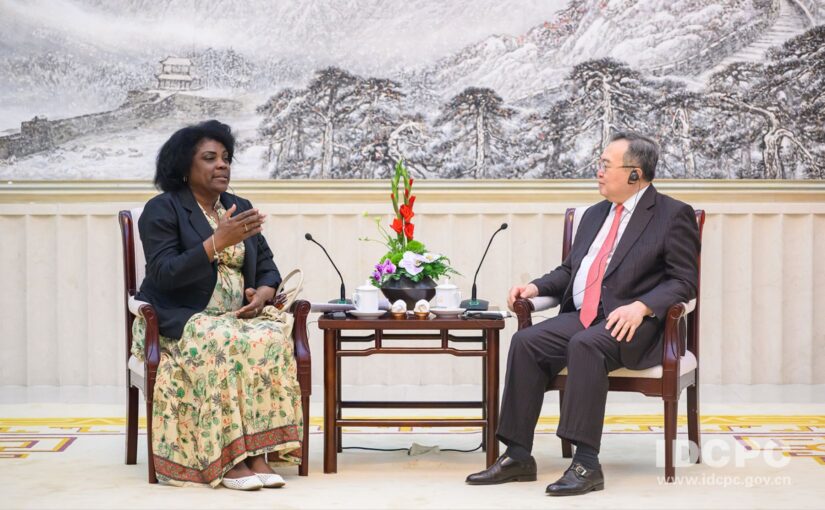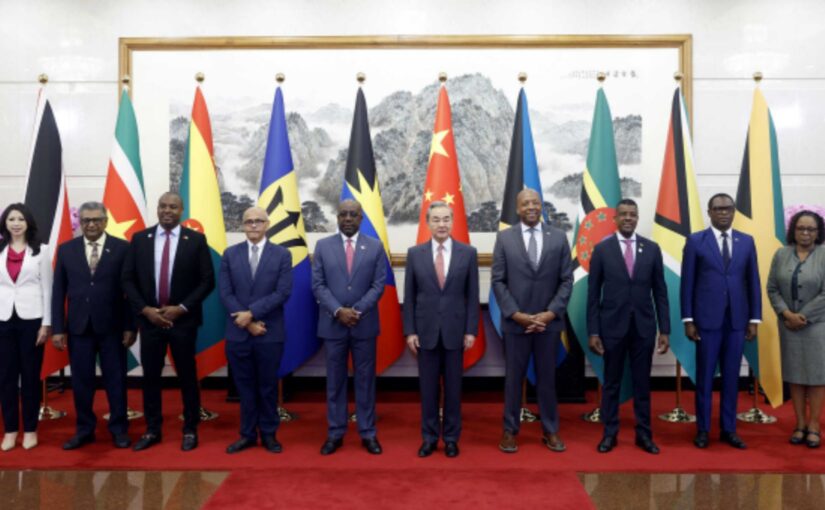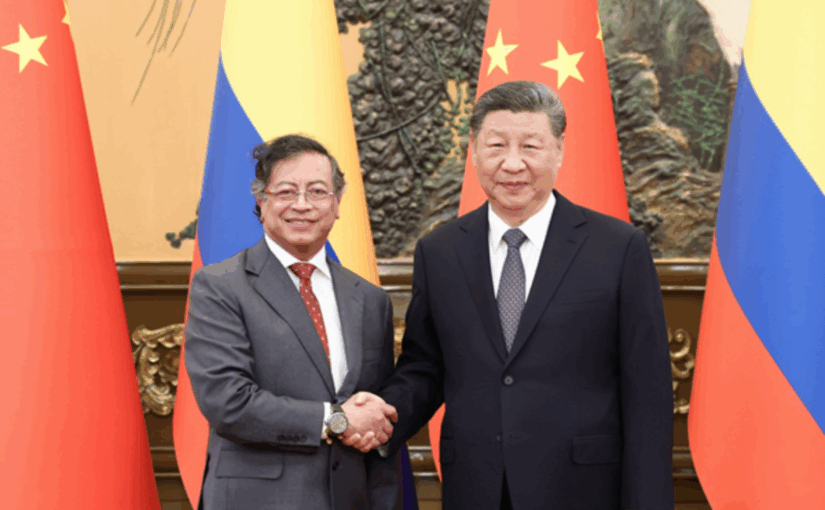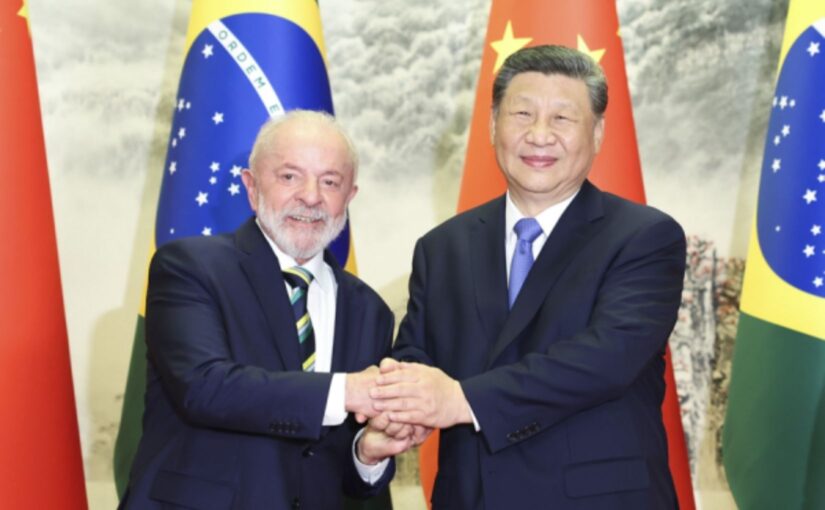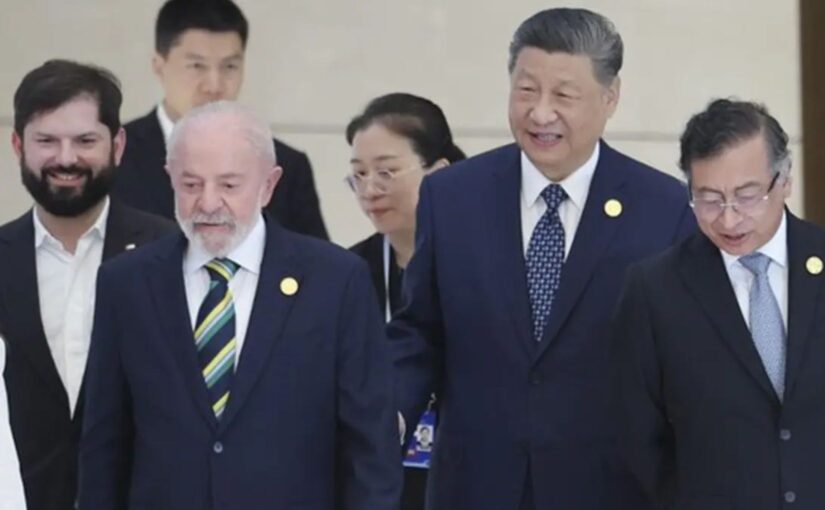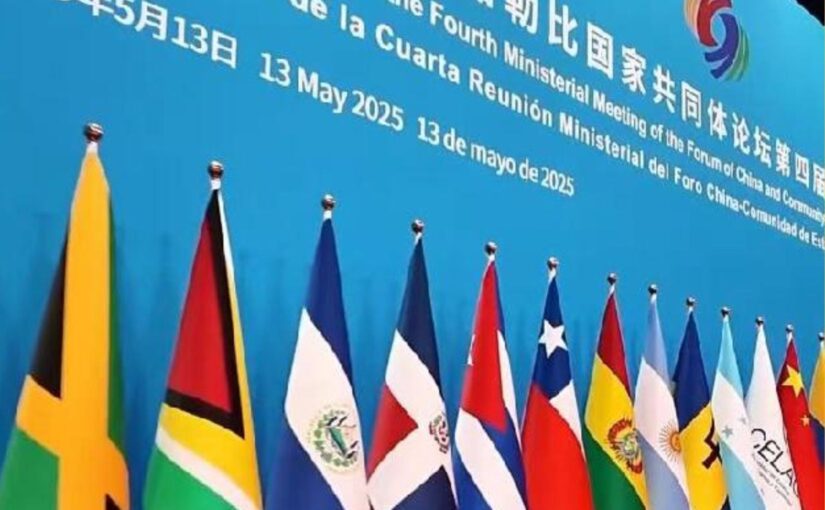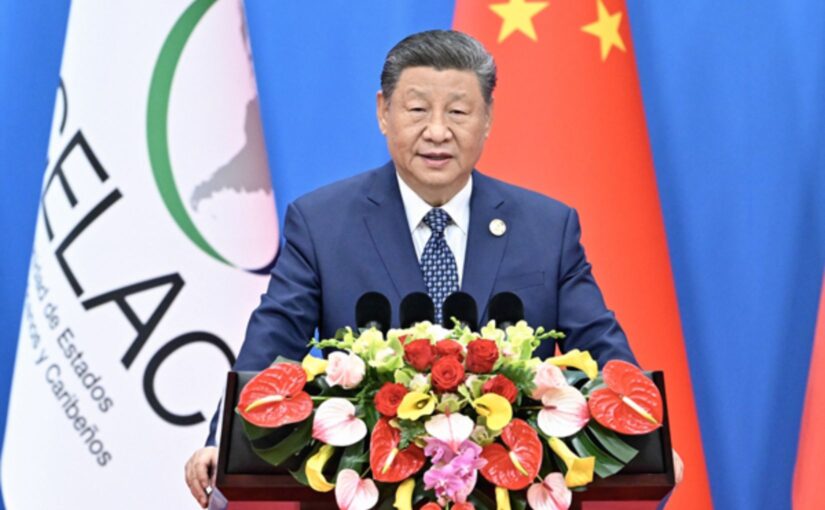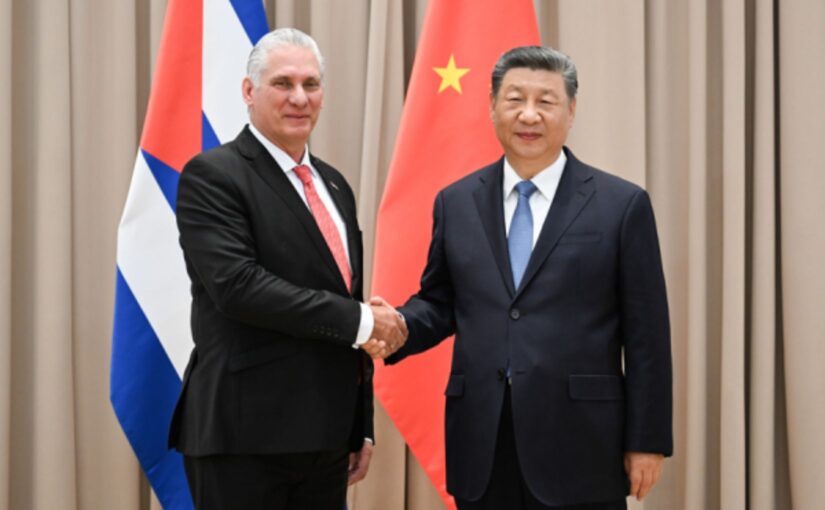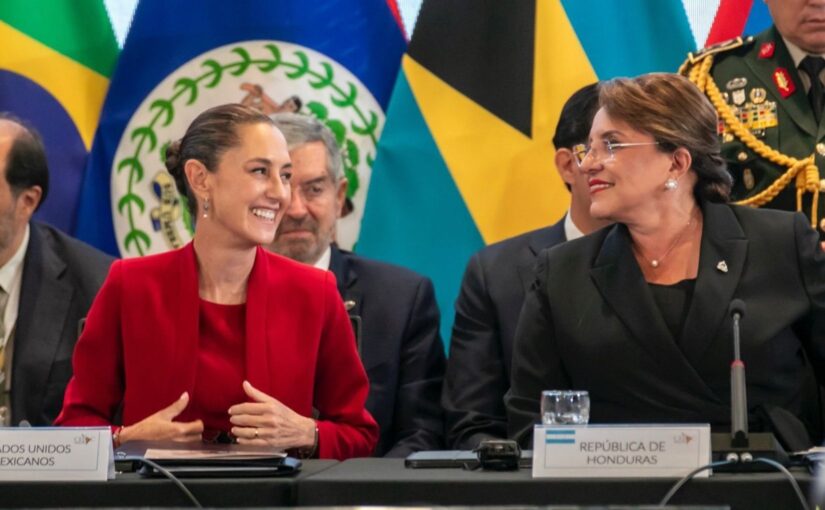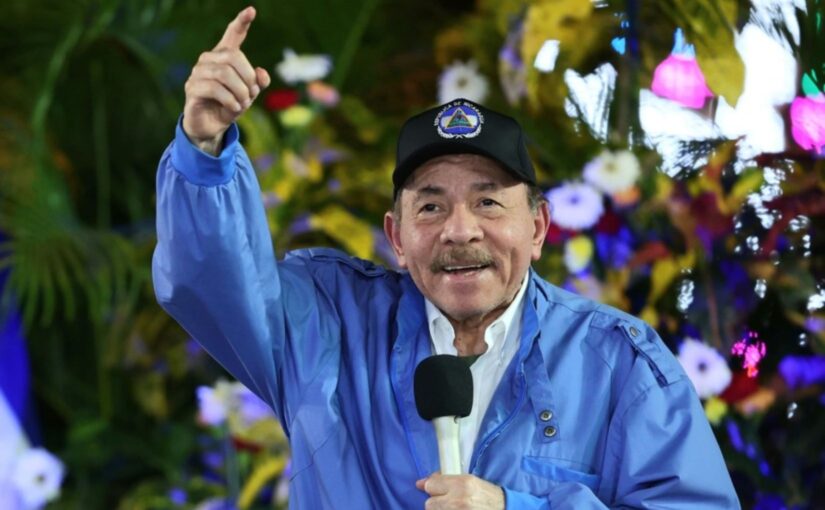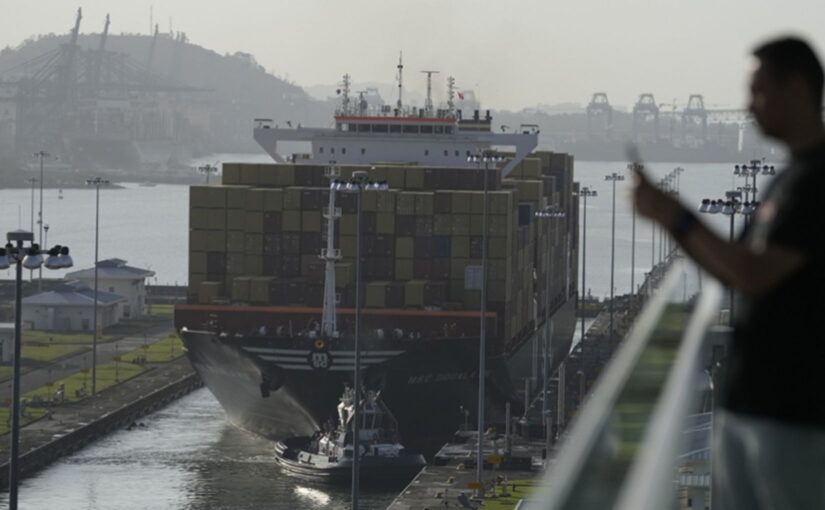The Communist Party of China (CPC) has strengthened its friendly ties with the ruling Liberty and Refoundation (LIBRE) Party of Honduras.
On July 27, Ma Hui, Vice-Minister of the International Department of the CPC Central Committee (IDCPC), met in Beijing with a LIBRE delegation led by Gerardo Torres, Secretary of International Liaison for the party and Vice Foreign Minister of Honduras.
Ma positively evaluated the benefits brought to the people of both countries by the development of bilateral relations since the establishment of diplomatic relations between China and Honduras. He said, the CPC and LIBRE had friendly exchanges before the establishment of diplomatic relations between the two countries. This visit is the first visit to China by a LIBRE delegation after the establishment of diplomatic relations, opening a new chapter in the relations between the two parties.
China and Honduras established diplomatic relations on March 26, 2023. President Iris Xiomara Castro Sarmiento paid a state visit to China from June 9-14, 2023.
The next day, Ma Hui met with a delegation from the Autonomous Community of Catalonia of Spain, led by Salvador Illa, Secretary of the Spanish Socialist Workers’ Party (PSOE) of the Autonomous Community of Catalonia and President of the Government of Catalonia.
Ma said that the CPC is willing to work with the PSOE to implement the important consensus reached by the leaders of the two countries, enhance exchanges between the two parties, give full play to the role of the “political party +” platform, and support the practical cooperation between the Autonomous Community of Catalonia and China, so as to contribute to the healthy and stable development of China-Spain and China-European Union relations.
Illa said that the Autonomous Community of Catalonia will adhere to the friendly policy towards China of the Spanish central government and promote mutually beneficial cooperation with China in various fields, so as to achieve common development.
This was the second reported contact between the CPC and political forces in Catalonia in recent months. Our previous report may be read here.
And on July 29, Ma Hui met with a delegation of Chilean parliamentarians led by Gastón Saavedra from the Socialist Party (PS), and who is head of the labour and social security committee of the Chilean Senate, who were visiting China at the invitation of the National People’s Congress (NPC).
Ma positively evaluated the friendly relations between China and Chile, stating that exchanges between political parties are an important part of bilateral relations. The CPC has maintained close ties with Chilean political parties from both the ruling and opposition sides for a long time, enhancing mutual understanding and friendship.
After the meeting, Ma Hui joined the Chilean delegation in participating in an exchange activity with teachers and students from Dingri in Xigaze City, Xizang (Tibet) Autonomous Region, who were in Beijing for a program on the introductory journey into diplomacy of young people from Xizang.
We previously reported on Ma Hui’s visit to Nicaragua to participate in the anniversary celebrations of the July 19 Sandinista popular revolution. Following this, and prior to returning to Beijing, he led a CPC delegation to visit El Salvador, July 21-22, and Costa Rica, July 23-24.
The following articles were originally published on the IDCPC website.
Ma Hui Meets with a Delegation of the LIBRE Party of Honduras
Beijing, July 27th (IDCPC) —Ma Hui, Vice-minister of the International Department of the CPC Central Committee, met here today with a delegation of the Liberty and Refoundation (LIBRE) Party led by Gerardo Torres, Secretary of International Liaison for the Liberty and Refoundation (LIBRE) Party and Vice Foreign Minister of Honduras.
Ma positively evaluated the benefits brought to the people of both countries by the development of bilateral relations since the establishment of diplomatic relations between China and Honduras. He said, the CPC and the LIBRE had friendly exchanges before the establishment of diplomatic relations between the two countries. This visit is the first visit to China by a LIBRE delegation after the establishment of diplomatic relations, opening a new chapter in the relations between the two Parties. China is willing to deepen exchanges of experience in state governance and administration with the LIBRE, enhance the breadth and depth of inter-party cooperation, and promote the steady and long-term development of China-Honduras relations.
Torres reaffirmed Honduras’ firm commitment to the one-China principle, and said that the LIBRE hopes to strengthen exchanges and mutual learning of experience in party building and state governance with the CPC, promote the development of bilateral relations, and better benefit the people of both countries.
Continue reading China strengthens party ties with Honduras